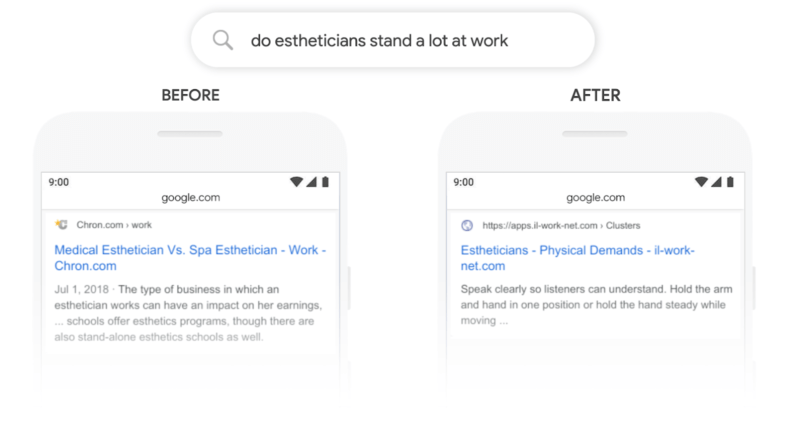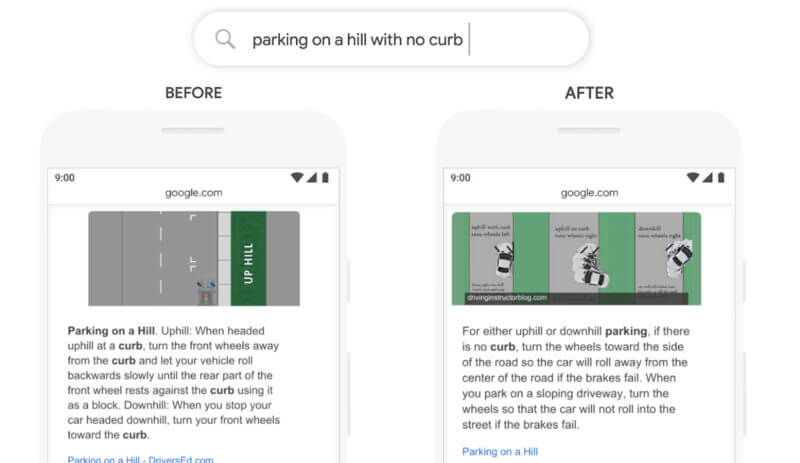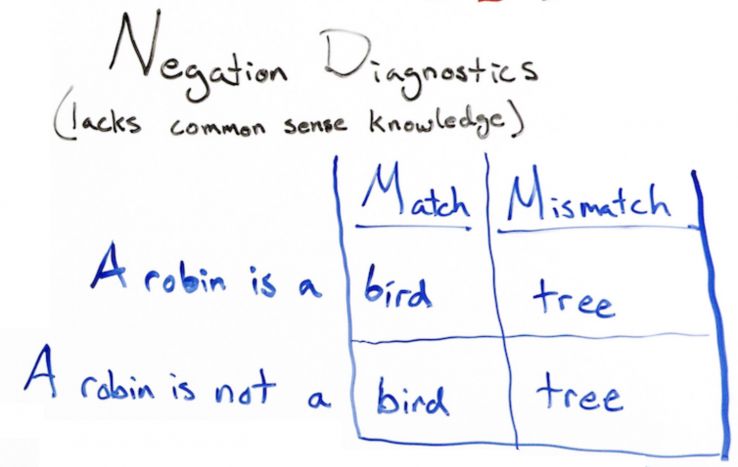Lately you might have heard or read a lot of marketing chatter about some dude named Bert. And while I would love to regale you with a tale about a quirky, yet lovable gentleman from the South, I can’t. This particular Bert is actually Google’s BERT – their recently released search algorithm that appears to have some businesses nervous about their SEO strategies…arguably with good reason.
Why? Well, the kicker with this algorithm update is that you can’t really optimize for it. (Pausing now for collective gasp). So if your business is currently executing a content marketing strategy and you’re used to having marketers like us constantly advise you to optimize for your keywords, BERT – understandably – seems a little jarring.
Yes, it’s probably going to take time getting used to BERT’s impact on the results pages, but all it truly means is that search is becoming smarter. More intuitive. More searcher-friendly.
Today, I want to briefly introduce Google’s BERT for those of you who haven’t heard much about it yet. And then I’m going to jump into an expert roundup from some of the biggest players in the search marketing world.
What the Heck is Google BERT?
If you’ve already read up on BERT, go ahead and skip this section. For the rest of you, meet Bidirectional Encoder Representations from Transformers – ultimately shortened to BERT. It’s Google’s neural network-based technique for natural language processing (or NLP). In other words, BERT can essentially help computers grasp language almost the way humans do – with nuance and context. And because of that deeper understanding of language, BERT can be used to match search queries with much more relevant results.
Let’s look at this example from Google’s blog: a search for “do estheticians stand a lot at work,” is translated differently by Google post-BERT. Before, Google has admitted that it would have matched the term “stand-alone” with “stand” in the query. Now, the BERT models can “understand that ‘stand’ is related to the concept of the physical demands of a job, and displays a more useful response.” (Source) Simply put, BERT helps Google place more importance on the word “stand” in the context of the search query.


Kinda cool, right? Google has described this algorithm update as “one of the biggest leaps forward in the history of Search.” So even though you can’t necessarily optimize for BERT specifically, I strongly recommend you do not ignore it!
Let’s take a look at what some of our peers in the digital space are saying about BERT.
Content Creators: Don’t Change What You’re Doing!
Our friends at the Content Marketing Institute highlight a key difference in the BERT update: it’s not sending the SEO world into chaos or causing widespread website traffic to suddenly plummet the way that algorithm updates have in the past! Because this update aims to help users search more naturally, those of you who already create natural copy can just keep doing what you’re doing! If you’ve been writing content for users, you essentially have nothing to worry about. Be less rigid in your formulaic keyword density (but don’t totally disregard it) and stay focused on writing conversationally and naturally.
Analyze Your Visitors’ User Intent
Now that you understand how BERT essentially works, apply this knowledge to your web data analysis and adapt accordingly. One of the more noticeable negative effects seen after the BERT rollout was a drop in organic search traffic. Jason Wilson, SEO pro at Better Collective, underlines the importance of optimizing for user intent. “It’s now more important than ever. Analyze the results Google serves for your search term, and produce (better) content around that query.”
Review and identify which pages or search terms aren’t performing as well post-BERT, analyze competing sites that are ranking for those terms, and tweak your content accordingly. Using your data to identify low-hanging fruit is an easy way to ensure you’re aligning strategies to BERT.
Don’t Forget About Bing!
Everyone’s talking about Google, but Search Engine Land recently pointed out that the often-forgotten search engine Bing has been applying BERT since April. That pre-dates Google’s update by six months! What’s more, is that Microsoft has rolled out the transformer models to every Bing query globally. (At the moment, for Google, BERT affects only one in 10 searches in English in the U.S.). Improvements like this underline Bing’s viability as a competing platform for both organic and paid campaigns; simply put – don’t rule out Bing in your digital strategy!
Keep Calm and Don’t Over-Hype BERT!
It’s a pretty huge step for Search overall, but NLP and machine learning still have a long way to go as far as language and context comprehension like humans. At a recent Whiteboard Friday, Moz shared an interesting research paper titled “What BERT Can’t Do” by Allyson Ettinger, a Natural Language Processing researcher and professor at the University of Chicago. One cool takeaway is that BERT isn’t great at understanding negation or what things are not. The example below shows how it lacks common sense knowledge in its search prediction in negation context (what a robin is VS. what a robin is not). Seriously fascinating and we should all keep an eye on where this technology could be heading.

—
Anytime a big change rolls out from anywhere in the digital marketing space, one of the key exercises we always try to do is explore and research what other marketing authorities are saying. Reviewing, researching and knowledge sharing is one of the best ways to stay on top of an industry that’s in constant flux. If you’re learning from or discovering new challenges in light of BERT or NLP technology in general, we’d love to hear about it!
WSI was founded in 1995 and is an innovative digital marketing agency with offices in over 80 countries. We’ve spent over 20 years helping more than 100,000 companies and large global brands unlock the full potential of their business by leveraging the Internet and its many unrecognized opportunities. We’d be happy to help do the same for you and consult on your digital marketing strategy. Simply give me a call or email me at rknutsen@wsiebizsolutions.net to learn more.




